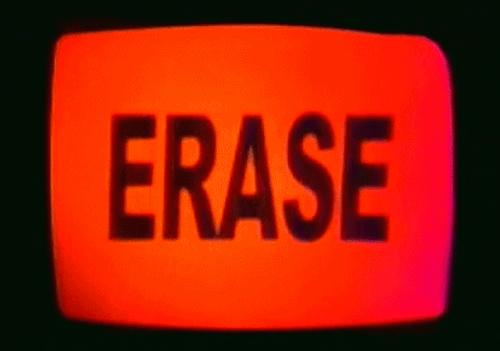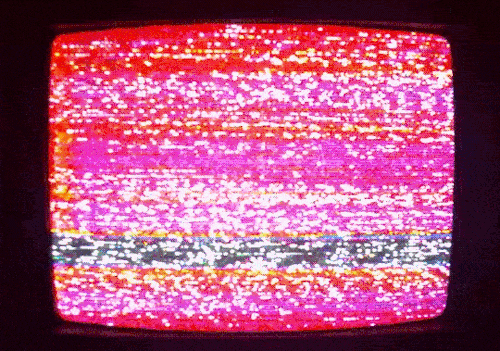06/06/24: We Need to Talk About Kevin
by Lionel Shriver, 2003.





This will always remain one of my favorite books and I just finished reading it for like the fifth time, so I figured that now that I have this fancy little website, I ought to write a fancy little book report on it before my digital library loan expires. Published in 2003, Lionel Shriver’s We Need to Talk About Kevin chronicles the developmental years of a terrible, horrible, fucked up little kid, filtered through the incredibly unreliable and narcissistic lens of the titular character’s mother and book’s narrator, Eva. Years and years of tiny but telling acts committed by Kevin culminate into Thursday, the day Kevin explicably (opposite of inexplicably) shoots up his school, and the main questions presented by this premise are obvious: “Who is responsible for this? Was this nurture or nature? Was Kevin destined to do this, or was it the way he was raised? Was it Kevin’s fault? Was it America’s? Was it Eva’s?
That description can’t begin to do this book justice, and it can sound off putting to say the least. I was especially wary when I first learned that the narrator wasn’t Kevin himself, but his mother — the grief-stricken, how-could-this-have-happened-to-me mumsey type wasn’t exactly the kind of character I was interested in dedicating 414 pages of read-time to. But Eva turned out to be one of the most complex, fascinating, pathetic, and frustrating characters I’ve ever read — perhaps falling just short of the Kevster himself. She is a wholly unreliable narrator; she’s rude and condescending; she’s a miserable excuse for a mother and is probably not someone I’d be keen to spend a lot of time around. But when presented in the form of scrawling letters to her estranged husband as she wallows alone in the aftermath of Thursday, everything she writes is blanketed in the sobering reminder that this woman is human, and this human is shattered.
But there’s no denying that the star of this book is Kevin, who Shriver crafts with such cold-hearted surgical precision that it puts almost every other pop-culture depiction of psychopathy to shame. In Alex O’Connor’s podcast Within Reason, whenever the topic of Nihilism is brought up, he likes to ask the question, “but what does it mean to live as a Nihilist? What would that even look like? To live as if there truly is zero meaning in life, what would drive you to get out of bed or put food in your mouth?” To me, the best answer I have right now is, plain and simply, Kevin. What I think O’Conner struggles with when he presents this rebuttal against Nihilism is that to him — and I’m sorry to break out the Pirsigian concepts here, but — Nihilism is a purely intellectual exercise that, while able to influence lower social and biological levels, remains distinctly independent from them, and the lower levels from it. So even though you can wrap your head around the idea that the universe has zero inherent meaning and there’s really no point in doing anything, that doesn’t stop your soul from craving friends, or your body from craving calories. Kevin stands out to me as a perfectly horrifying example of what it would be like to have that inescapable sense of meaninglessness baked into every single part of you, on every level, from your mind to your matter, from the moment you are born to the day you die. Sure, his cells still work in order to keep him alive, but he is not living.
My favorite scene in the book captures this perfectly, when Eva takes 14-year-old Kevin out on a mini-golf and dinner “date” in a desperate bid to understand her son even just a tiny bit. It’s an awkward and painful sequence to read, and Eva describes it to a T as one of those all too familiar moments in the middle of a family reunion or dinner out with unfriendly cowokers — when you so, so desperately want this experience to just be over, but time crawls along at .25 speed as if to spite you. But then, as Kevin hits his ball into the last hole with no more than a sniff, Eva realizes in horror: “This is what it’s like to be Kevin[...] The leaden passage of minute by minute: This is what it’s like to be Kevin all the time.” In these moments, all you want to do is go home to people you love and do things you actually enjoy, but Kevin is deprived of this option on the most primitive of levels. To Kevin, everything he has ever done has seemed “dumb” — that is, pointless, meaningless, inane, absurd. To see other people content or enjoying something enrages Kevin, simply because he will never be able to know what that feeling is like. As Shriver puts it, “on a fundamental level there was something missing,” and “having never seen the point — of anything — he must feel so brutally left out.” It can seem like a relatively uneventful chapter, but to me, the idea of that feeling, a feeling I know so well and hate so much, could be a person’s entire existence, makes me go cold. It’s everything that a human being isn’t. It’s heartbreaking.
For the record, as much as I love this book, I’m not too keen on the author. This book impressed me with its sharp-tongued ability to ridicule both sides of the aisle, whose best and worst traits are built into the narrator herself. When Eva makes a random, uncalled-for homophobic or fatphobic remark, and then turns around and calls Americans privileged, self-centered, and intolerant, you’re supposed to laugh at her. While I don’t agree with all the takes in this book, I appreciated Shriver’s level-headed way in which she presented them; I liked the layers upon layers of self awareness and subtext that allowed every possible societal problem presented by this premise to be laid out and done away with at once, refracted and scattered all around like light through a prism in a way that’s at least pretty to look at. But looking at Shriver’s more recent works, it seems like that subtlety isn’t the kind of thing that makes money anymore. That’s all I’ll say on that.
In the end, the way this book concludes is so incredibly satisfying in the most unsatisfying ways. Rarely do you see these types of questions, so reminiscent of every third Atlantic or New York Post op-ed these days, answered with such a resounding mu (無). For some, this wishy-washy conclusion might be frustrating or impractical, but I appreciate it for what it is: the desperate confessions of a broken mother in a broken country, where everything is changing yet nothing can be done. “Why? Why would he do this? Why did this happen?” We’ve been searching for answers to these why’s long before the gun was invented, and the fact that we’re still coming up empty handed says a lot to me. Because, as they say, You can see no reasons ‘cause there are no reasons. At least I sure as hell don’t have one.
|


















